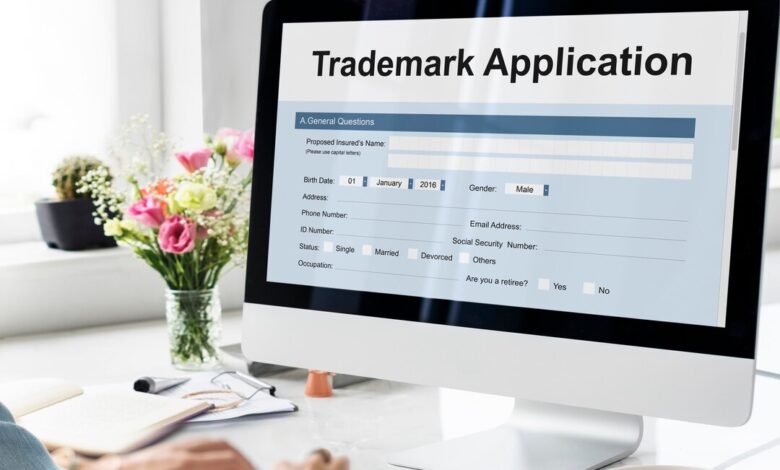Intellectual Property Rights in South Africa: What Startups Should Know

Intellectual property (IP) rights are invaluable assets for startups, offering protection for innovations, inventions, and creative works that form the foundation of their businesses. In South Africa, understanding the intricacies of IP rights is essential for startups to safeguard their ideas, products, and brands while fostering innovation and competitiveness in the market. In this article, we’ll explore key aspects of intellectual property rights in South Africa and provide valuable insights for startups looking to navigate this complex landscape effectively.
1. Understanding the Types of Intellectual Property:
In South Africa, intellectual property rights encompass various categories, including:
- Patents: Protect inventions, designs, and processes that are novel, inventive, and industrially applicable.
- Trademarks: Safeguard brands, logos, and slogans that distinguish goods or services from those of competitors.
- Copyright: Protect original literary, artistic, musical, or dramatic works, including software, books, music, and artwork.
- Designs: Protect the visual appearance of a product, including its shape, configuration, pattern, or ornamentation.
- Trade Secrets: Safeguard confidential information, formulas, or processes that provide a competitive advantage and are not generally known.
2. Securing Intellectual Property Rights:
Startups should take proactive steps to secure intellectual property rights and prevent unauthorized use or exploitation. This may include:
- Patent Registration: File patent applications with the Companies and Intellectual Property Commission (CIPC) to protect inventions and innovations.
- Trademark Registration: Register trademarks with the CIPC to protect brand names, logos, and slogans.
- Copyright Protection: While copyright protection arises automatically upon the creation of original works, startups may choose to register copyrights with the Companies and Intellectual Property Commission (CIPC) for additional benefits.
- Design Registration: Apply for design registration with the CIPC to protect the visual appearance of products.
- Confidentiality Agreements: Implement confidentiality agreements (NDAs) to protect trade secrets and proprietary information when sharing sensitive information with employees, contractors, or partners.
3. Enforcing Intellectual Property Rights:
Once intellectual property rights are secured, startups must actively enforce these rights to prevent infringement and unauthorized use. This may involve:
- Monitoring and Surveillance: Regularly monitor the market for unauthorized use or infringement of intellectual property rights.
- Cease and Desist Letters: Issue cease and desist letters to parties engaging in infringement, requesting them to stop unauthorized use and take corrective action.
- Litigation: In cases of serious infringement, startups may pursue legal action through litigation to enforce their intellectual property rights and seek damages or injunctions against infringing parties.
- Licensing and Commercialization: Consider licensing intellectual property rights to third parties for commercialization or revenue generation while retaining ownership and control over the assets.
4. Developing an IP Strategy:
Developing a comprehensive intellectual property strategy is essential for startups to effectively manage and leverage their intellectual property assets. This may involve:
- Identifying Key Assets: Identify and prioritize intellectual property assets that are critical to the startup’s success and competitive advantage.
- Risk Assessment: Assess potential risks and vulnerabilities related to intellectual property rights, including infringement, competition, and market dynamics.
- Protection and Enforcement: Implement measures to protect and enforce intellectual property rights effectively, including registration, surveillance, and enforcement strategies.
- Commercialization and Monetization: Explore opportunities to commercialize and monetize intellectual property assets through licensing, partnerships, or strategic alliances.
- Education and Training: Educate employees, stakeholders, and partners about the importance of intellectual property rights and their role in safeguarding and leveraging these assets.
5. Seeking Professional Guidance:
Given the complexity of intellectual property law, startups are advised to seek professional guidance from intellectual property attorneys or specialists. These experts can provide invaluable advice and assistance in navigating the intricacies of intellectual property rights, from registration and enforcement to licensing and commercialization.
Intellectual property rights are invaluable assets for startups in South Africa, offering protection for innovations, inventions, and creative works that drive business success and competitiveness. By understanding the types of intellectual property, securing rights proactively, enforcing protections diligently, developing a comprehensive IP strategy, and seeking professional guidance when needed, startups can effectively navigate the complex landscape of intellectual property and safeguard their assets for long-term growth and success.





